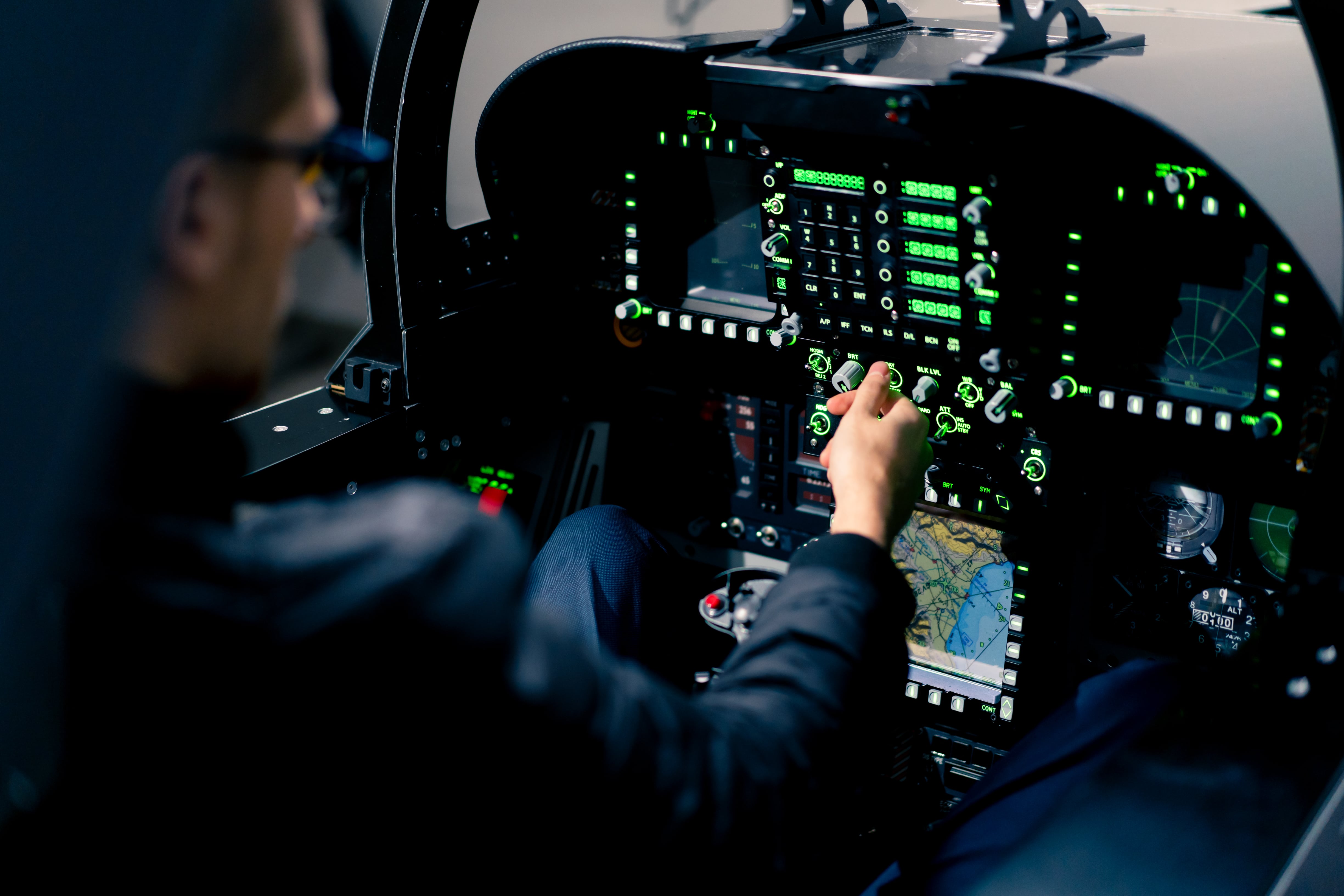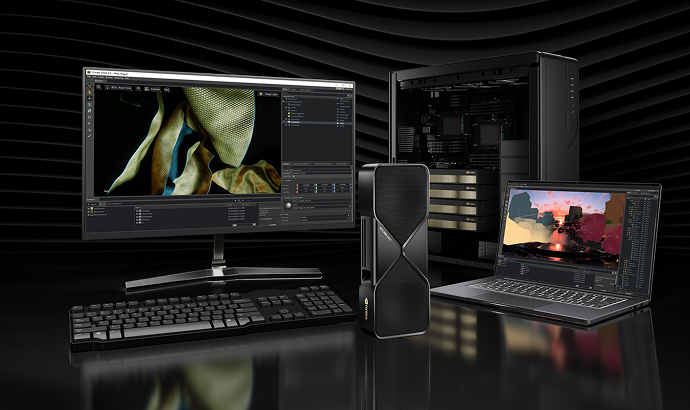

Writing About AI
Uvation
Reen Singh is an engineer and a technologist with a diverse background spanning software, hardware, aerospace, defense, and cybersecurity. As CTO at Uvation, he leverages his extensive experience to lead the company’s technological innovation and development.

AI is rapidly transforming the aerospace industry, influencing everything from the initial design and subsequent development phases to manufacturing and daily operation. This shift is moving previously fictional scenarios into reality, such as planes designing themselves, rockets navigating autonomously, and robots executing complex repairs while in space.
AI is a perfect match for aerospace engineering because the industry is inherently driven by innovation and often deals with complex challenges. AI excels in three key areas relevant to aerospace: massive data analysis, where algorithms process the vast amounts of sensor readings and flight patterns generated by projects to uncover hidden insights and optimize performance; complex simulations, where AI creates hyper-realistic environments for engineers to test new concepts and identify potential problems before any physical construction begins; and the development of autonomous systems, enabling vehicles like drone swarms for satellite inspections or robots for spacecraft assembly in orbit.
The applications of AI are diverse, enabling several exciting advancements. AI contributes to smarter aircraft design by analyzing historical data to optimize characteristics like fuel efficiency, performance, and safety, potentially allowing planes to adjust wing configurations in real-time based on weather conditions. Furthermore, AI facilitates predictive maintenance by analyzing sensor data from critical systems (like aircraft engines) to predict potential failures before they occur, which minimizes downtime and ensures safer skies. AI also enhances air traffic management by optimizing flight paths, reducing congestion, and improving overall efficiency, resulting in shorter travel times and smoother experiences for passengers.
The integration of AI promises a future filled with groundbreaking possibilities, particularly in exploration and travel. This includes enabling autonomous space exploration, allowing AI-powered robots to take on increasingly complex tasks that could eventually pave the way for colonizing other planets. AI is also essential for developing hypersonic flight by optimizing the advanced materials and flight control systems required for vehicles capable of traveling at several times the speed of sound. Additionally, AI could lead to personalized air travel, where airplanes adapt cabin features, such as temperature and pressure, to the individual needs of passengers for optimal comfort.
While AI offers numerous advantages, several challenges must be seriously considered. Paramount concerns revolve around safety and security, necessitating robust security protocols and fail-safe mechanisms to ensure the reliable functioning of AI-powered systems in critical applications, such as aircraft control. Moreover, the potential development of autonomous weapons systems raises profound ethical considerations. Open discussions and regulatory frameworks are necessary to ensure the responsible deployment and use of AI within the aerospace industry.
The future of aerospace engineering rests upon a collaborative partnership between human ingenuity and artificial intelligence. As AI’s capabilities continue to evolve and soar to new heights, this exciting fusion of technology holds the potential to revolutionize air travel, unlock the mysteries of the cosmos, and propel humanity towards a future filled with incredible possibilities.
We are writing frequenly. Don’t miss that.

Unregistered User
It seems you are not registered on this platform. Sign up in order to submit a comment.
Sign up now